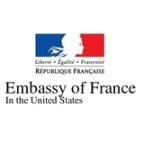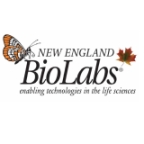Team:Paris/Acknowledgements
From 2009.igem.org
iGEM > Paris > Acknowledgements
Sponsors
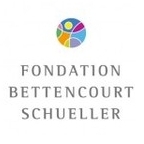
The foundation is active in the following areas:
• Medical research : The foundation supports the research through two types of actions : the assistance to the researchers and the support for the education (For example the foundation is a very important actor in the development/functionnement of the AIV program and FdV graduate school).
• Social/humanitarian relief : It really important for the Foundation to provide help for associations that are engaged in social and humanitarian actions. Through these, it contributes to relieve particularly difficult situations and to give new opportunities to children and adults in adversity.
Since the begining of the parisian iGEM adventure, embassy of France in Washington supports our team. Through this action, the ambassy would like to promote the "french science" out of France and wants to improve the mobility/the intelectual development of young (and motivated) researchers .
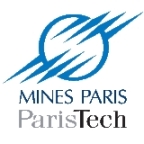
• Social and administrative support for the students
• Support for the foreign students and for the international policy of the school
• Support for fundamental research
• Support for real-estate projects or projects connected to the heritage of the School
•Modelling, simulation and optimisation of complex dynamic systems
•Programming: security and reliability of computing systems
•Communication, information, and ubiquitous computing
•Interaction with real and virtual worlds
•Computational engineering
•Computational sciences
•Computational medicine
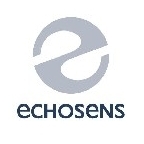
Thirty-five people contribute by their knowledge and expertise in an organisation centred around three main areas of activity:
• System This area is focused on fully managing the development of product, the integration of the technology as recycling and after-sales service.
• Laboratory It is in the laboratory that the most innovative ideas for developing new device with the most advanced technology are developed.
Scientific contributors
- We are particularily grateful to Dr. Roland Lloubes (CNRS - Institut de Microbiologie de la Méditerranée). He kindly provided us with his genetic constructs to destabilize the E. coli's outer-membrane (even twice, due to a poor mail reception service at the Cochin Institute where we are based). He was also very helpful in answering our questions regarding membrane stability and its links with the Tol/Pal system.
- We would also like to thanks Pr. Volkmar Braun and Dr. Silke Patzer for providing some plasmids and advices on the Fec transduction system
- We deeply regret that we do not had the chance to thanks Dr. Matthew DeLisa because he DID NOT WANT TO SHARE his published plasmids containing clyA-GFP fusion. We don't think this to be a good scientific endeavor...
People at the Interdisciplinary Research Center (CRI)

- Ariel Lindner
- Samuel Bottani
- Laura and Celine for their administrative help
 "
"
